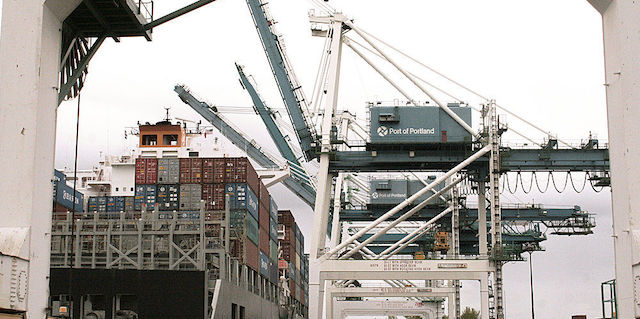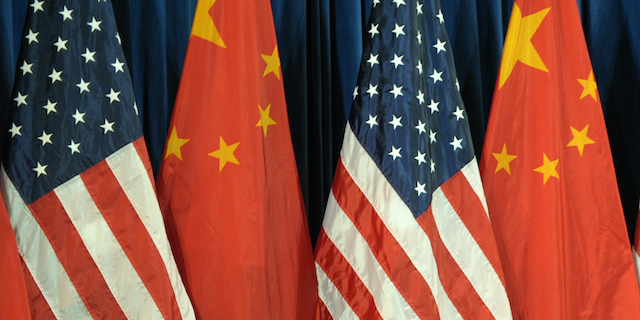U.S., China agree to reset tariffs, but barriers remain
Published 10:58 am Monday, May 12, 2025

- President Trump announces May 12 a 90-day truce in the trade war with China. (White House photo)
The U.S. and China have agreed to pause its trade war, lowering tariffs for 90 days to give negotiators time to reach a long-term agreement on tariffs and non-monetary trade barriers.
President Trump said May 12 he was optimistic the talks will lead to China opening up to U.S. trade. “We achieved a total reset with China,” he said.
“The biggest thing to me is the opening up,” Trump said. “I think it would be fantastic for our businesses if we could go in and compete.”
The countries issued a joint statement after weekend negotiations in Geneva, Switzerland. The U.S. agreed to rollback its minimum tariff on Chinese goods to 30% from 145%. China agreed to reduce its minimum tariff on U.S. goods from 125% to 10%.
The U.S. retained a 10% baseline tariff, as well as a 20% tariff related to fentanyl. Higher tariffs on Chinese steel, aluminum and vehicles will stay. The tariff reductions take effect May 14.
Treasury Secretary Scott Bessent and U.S. Trade Representative Jamieson Greer will lead further trade negotiations with Chinese Vice Premier He Lifeng. The two sides agreed to discuss increasing trade relations and taking aggressive action to prevent fentanyl and precursor chemicals from moving to China to illegal drug makers in the U.S.
If talks fail, tariffs will go back up “substantially,” but not as high as 145%, Trump said. “At 145, you’re really decoupling (the economies) because nobody’s going to buy,” he said. “I think you will have a deal, however,”
The U.S. exported $24.6 billion worth of agricultural products to China in 2024, according to the USDA Foreign Agricultural Service. For U.S. farmers, trade with China was approximately twice as much as trade with the European Union.
Soybeans made up 52% of exports to China last year. The American Soybean Association said it was encouraged by the joint statement, but that the tariff is still too high for U.S. soybean farmers to compete in China with Brazil and Argentina.
“That means China will turn to South America first for its purchases and only buy U.S. soybeans when it absolutely must,” soybean association Caleb Ragland, a Kentucky farmer, said in a statement.
The 90-day pause will end in August, right before the harvest season, Ragland said. “We need the administration to continue its negotiations with China to find a long-term, sustainable solution that removes retaliatory tariffs and protects market access for our agricultural products.”
For all types of goods, the U.S. had a trade deficit of $295.4 billion in 2024. “If you think about it, we opened up our country to China,” Trump said “And they didn’t open their country to us. … Never made sense to me. It’s not fair, and they’ve agreed to open up China.”
In comments this year to the Office of the U.S. Trade Representative, U.S. farm groups registered their complaints about non-monetary barriers put up by China.
The National Cattlemen’s Beef Association, for example, complained that China has used the detection of ractopamine, a feed additive commonly used in cattle and swine production, as a pretense to reject shipments of U.S. beef.






